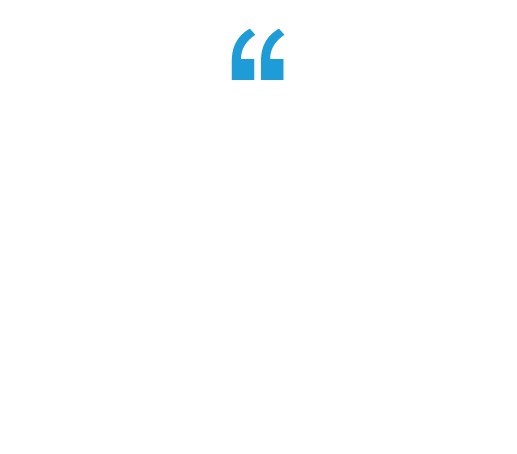If an elderly person falls over, they may need immediate help and medical attention to prevent serious health consequences. Thanks to a new, radar-powered solution that can be installed in bedrooms, corridors, and other key areas in care facilities, staff can respond faster to help elderly and vulnerable clients in the event of a fall and ensure the best possible health outcomes for them – while also fully respecting their privacy.
When we start to walk as babies, falling over is a natural part of the learning process. But as we age, falling becomes more serious – and for some, it can cause serious health consequences that are difficult, or impossible, to recover from.
According to the World Health Organization, falls are the second leading cause of accidental death anywhere in the world. For the elderly, the risks associated with falling are especially high. Research from the US reveals that more than one in four people aged 65 and above fall over every year, and a fifth of those falls results in a serious injury such as a hip fracture or a head injury [1].
Importantly, falling just one time will double someone's chances of falling again [2]. So, for those organizations tasked with caring for elderly or vulnerable people – such as hospitals, care homes, and retirement communities – steps must be taken to identify falls, and to deal with them as quickly as possible.
The challenges of traditional fall detection
The simplest way to find out if someone has fallen is to schedule regular visits to check in on them. But this is labor-intensive, it might feel intrusive, and it is not necessarily effective, as someone could spend longer than necessary on the floor – possibly injured – before they are discovered. The time immediately after a fall is also vital for improving care outcomes, so any delay in finding clients who have fallen can result in major health consequences.
Over recent years, a range of fall-detection and 'panic' solutions have been developed. Among these are personal pendant alarms, which require clients to press a button to alert someone when they have fallen over. However, these devices have several limitations.
Firstly, individuals must choose to put them on, and then leave them on – something that is especially challenging for people with conditions affecting memory, such as dementia. Secondly, the devices must be charged regularly to ensure they function properly, which could potentially be overlooked. Thirdly and perhaps most importantly, wearers must press the panic button to raise an alarm in the event of a fall, but this is not always possible if they are unable to move, or rendered unconscious.
 New Products
New Products